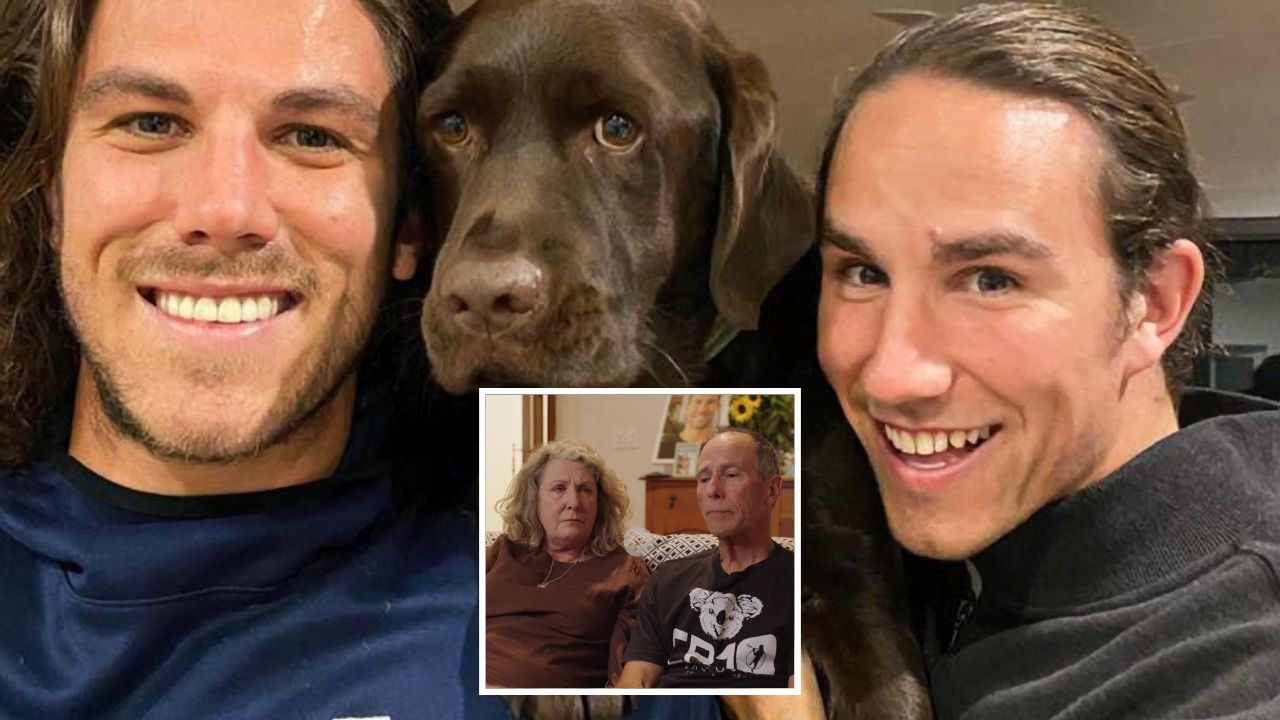‘Woke’ detail 87 per cent of Aussies don’t want to include on their email
It’s a small detail that many workplaces encourage staff to include on their email but a survey has found that Aussies are not keen at all.

Email signatures have transformed over the past few years moving from basic information such as the sender’s name, job title and a polite, “best regards” to now including marketing, clickable calls to action, and if you’re a member of Gen Z, often some snappy sign-offs.
Another inclusion you may have noticed popping up at the bottom of emails or on social media accounts is the use of gender pronouns, such as ‘she/her, ‘he/him’ or ‘they/them’.
But like Gen Z’s informal send-offs, not everyone is on the same page about them.
In fact, the majority of both male and female Aussies (85 per cent women vs. 91 per cent men), don’t use them, with 48 per cent believing it is ‘woke’.
The results come from news.com.au’s Great Aussie Debate, a survey of 50,000 readers who answered 50 questions, including one on the use of gender pronouns of email signatures and social media accounts.

The survey found that 40-49 year olds are the least likely to put their pronouns on their email signature or social media (91 per cent answering they don’t want to), while, maybe surprisingly, the 70+ age group are most likely to mention it (21 per cent).
Around Australia, residents of the Northern Territory were least likely to use their pronouns (91 per cent), while Victorians led the way as the state most likely to use them at 11 per cent.
But along with a reluctance to include them on their own email signatures – citing wokeness and being confused by them as reasons – the survey found that Australians don’t overly respect the use of gender pronouns or appreciate others using them on their email signatures (with only 37 per cent of women saying they do and even fewer men at 22 per cent).
Associate Professor in Psychology and Clinical Psychologist from La Trobe University, Glen Hosking, says that these results aren’t that surprising.
“Overall, this is an emerging field. Most people aged above 40 would never have heard of the term gender pronouns or seen it on an email signature or social media profile until a few years ago,” he says.
But Kirralie Smith from Binary, which says it “campaigns for action against the radical gender ideology”, believes that this result has more to do with the pointless nature of gender pronouns.

“Using pronouns like this is completely unnecessary. We don’t get to demand the adjectives people use to describe us, nor the pronouns which are always self-evident. Policing language or compelling speech is inappropriate,” she says.
“If someone wants to identify as something they are not, that is up to them, but they certainly don’t have the right to demand others change their view of reality and truth to appease their feelings.”
Hosking though, says that everyone should have the right to use gender pronouns that match their personal identity and that this is something that is particularly important for trans and non-binary people.
“For most people who do identify as her/him, putting your pronoun on your email signature and/or social media may seem irrelevant. However, for trans and gender diverse people, it is an easy way for them to communicate their gender identity to people with whom they have contact with,” he says.

In addition, misuse or a disregard of gender pronouns, deliberate or otherwise, can have significant consequences on an individual, Hosking explains.
“Being misgendered can be damaging, leaving a person feeling disrespected, invalidated and dismissed. It can be distressing and threaten the person’s mental health,” he says.
“Trans and non-binary people are inherently vulnerable. They are twice as likely to have suicidal thoughts than the general population and are up to four times as likely to engage in risky substance use. Evidence indicates that when these populations are able to use the correct pronouns the risk of suicide and depression reduces significantly (65 per cent for suicide and 75 per cent for depression),” he says.
For Trev Trevorrow Dunham, who identifies as non-binary trans-masculine, using the pronouns they/them and respecting others’ right to use pronouns, including on email signatures and social media, is a simple form of respect.
“Acknowledging this and understanding that, while it’s not important for you, it may be for others, makes for a more respectful society,” says Trevorrow Dunham.
They began using pronouns in their work and personal social and email signatures around six years ago.
“I do this to give myself the best possible chance of being gendered correctly when interacting with people in both the digital and real world,” they told news.com.au.
Since doing this, Trevorrow Dunham says that they have only had one negative experience using their pronouns on their email signature.
“This unfortunately led to a back and forth with a friend who wanted to debate using singular they/them. With every new comment, I felt punched in the guts and became increasingly distressed,” they said.
“By using the tired old, ‘they/them is plural’ argument, you tell people who use gender-neutral pronouns that your understanding of grammar is more important than our identity and right to be respected for who we are. If someone shares a fact about themselves with you, it’s not up for debate.”
Trevorrow Dunham also believes that using gender pronouns on email signatures is a simple way for everyone to communicate who they are, as well as a sign of respect for others.
More Coverage
“Sharing your pronouns in this way is not only a simple thing to do, it also shows you are more likely to respect trans and gender diverse people in general. This lets us know you might be a safe person to engage with.”
And they urge others to show this courtesy.
“The more people who are not trans or gender diverse share their pronouns, the more we all benefit.”







